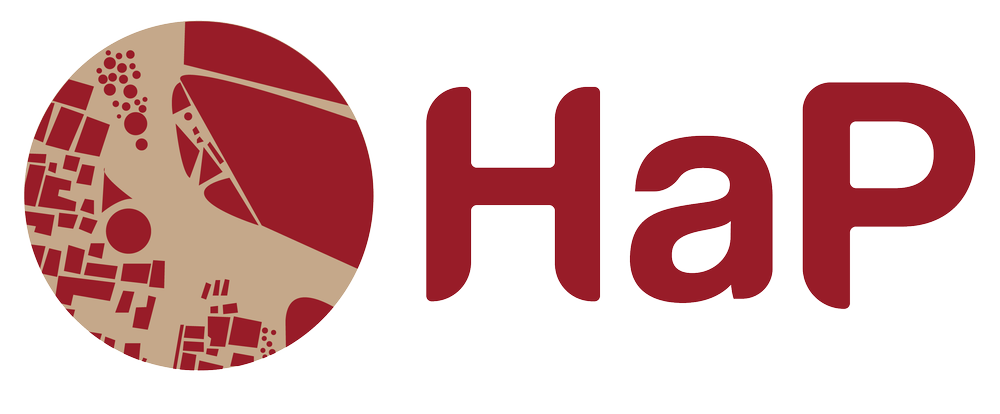Thirangie Jayatilake, MA, is a writer, editor, and storyteller. She has an undergraduate degree in literature and creative writing with a minor in mathematics from New York University and a master's degree in creative writing, publishing, and editing from the University of Melbourne. She has served as an editor at Antithesis Journal, Grattan Street Press, Postscript Magazine, Revarena Ediciones, The Gazelle, Airport Street, and the Perera-Hussein Publishing House. She was a research assistant for Professor Cyrus Patel for his project on Global Shakespeare, which looked at how Shakespeare has been translated and adapted into different cultural contexts. Her research interests include the female body and the difficulty of resistance and encompass the fields of feminism, post-colonialism, global literature, publishing, and creative writing.
Her research for HaP will look at Buddhist pilgrimage sites and how online communities and websites contribute to the act of placemaking.
In conversation…
What is the intersection between literature and social sciences, specifically heritage studies?
When one thinks of heritage, it's usually the physical aspect of heritage, such old buildings or antique items. However, heritage is present (and perhaps evolves through) various cultural practices, such as literature, music, dance, the visual arts, traditional festivals and celebrations, and oral storytelling. For example, a literary text from 2000 years ago would either explicitly or implicitly reference the cultural and linguistic expectations from that time period. These texts show us how people spent their lives, what traditions were important, which festivals were celebrated, which implicit cultural rules were applied, and how the language was spoken and written.
Although, internationally, there is still much focus on the Western canon, I think translation and post-colonial literature have created pathways to look at more literary traditions from a variety of time periods from around the world. Although there is still much work to be done to make literature truly global (and by this I mean to bring more existing, diverse kinds of literature to the global platform) I hope we can continue to make progress. I look forward to exploring the ways in which South Asian literature can contribute to this project.
What aspect of this project do you find most inspiring?
I find the aspect of decolonization to be the most interesting. This includes how we interpret the heritage sites we research, what kind of research we will contribute, how we will join the conversation on heritage studies and the ways in which we will dissect and disseminate the research.

